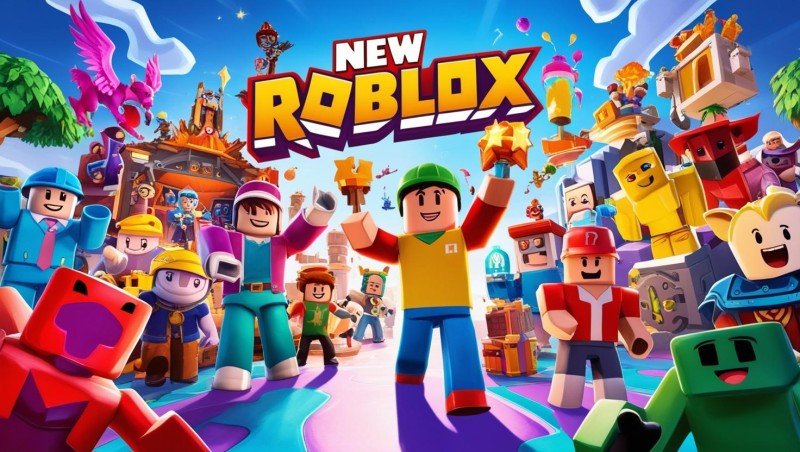Educational games offer a unique and interactive way for students to learn and retain information. By incorporating fun and engaging activities, students are more likely to stay focused and interested in the material being taught. These games can cover a wide range of subjects, from math and science to history and geography, making learning more enjoyable and exciting for students of all ages.
One of the major benefits of educational games is their ability to improve problem-solving skills. Through interactive challenges and puzzles, students are encouraged to think critically and come up with creative solutions to overcome obstacles. This not only helps them develop their analytical skills, but also fosters a sense of perseverance and determination when faced with difficult tasks.
Furthermore, educational games can also help improve memory retention and increase cognitive skills. By presenting information in a fun and engaging way, students are more likely to remember and recall the material at a later time. This can be especially beneficial for subjects that require memorization, such as vocabulary words or historical dates. Overall, educational games offer a valuable tool for educators to engage students in learning and help them succeed in their academic pursuits.
Tips for Choosing Learning Apps
Are you looking for ways to make learning more engaging and interactive for your child? Educational games are a great way to make the learning process fun and effective. With so many learning apps available in the market, it can be overwhelming to choose the right ones for your child. Here are a few tips to keep in mind when selecting learning apps for your child:
1. Age Appropriateness: Make sure to choose learning apps that are age-appropriate for your child. Look for apps that are designed for your child's age range to ensure that the content is suitable and engaging for them.
2. Educational Value: When choosing learning apps, consider the educational value they offer. Look for apps that cover a range of subjects such as math, science, language arts, and more. Make sure the app aligns with what your child is learning in school to reinforce their knowledge and skills.
3. Interactivity: One of the key benefits of learning apps is their interactive nature. Look for apps that offer hands-on activities, quizzes, puzzles, and other interactive elements to keep your child engaged and interested in learning.
4. User-Friendly Interface: Choose learning apps with a user-friendly interface that is easy for your child to navigate. Look for apps that have clear instructions, simple design, and intuitive controls to make learning more enjoyable for your child.
5. Reviews and Recommendations: Before downloading any learning apps, take the time to read reviews and recommendations from other parents and educators. Look for apps that have positive feedback and high ratings to ensure that you are choosing quality educational games for your child.
Engaging Activities for Young Minds
Looking for some fun and educational activities to keep your young ones entertained? Look no further! Here are a few engaging activities that will not only keep their minds engaged, but also help them learn new concepts in a fun and interactive way:
1. Storytime Adventures: Encourage your child to tap into their creativity by creating their own stories with a fun twist. Have them come up with a storyline and characters, and then ask them to draw illustrations to go along with it. This activity not only boosts their imagination, but also helps with their writing and drawing skills.
2. Math Mania: Turn math into a game by incorporating it into fun activities like scavenger hunts or baking sessions. Have your child solve math problems to unlock clues or measure ingredients while baking to reinforce their understanding of fractions and measurements. Making math fun will not only make it less daunting, but also help them see its real-world applications.
3. Science Experiments: Turn your home into a laboratory by conducting simple science experiments with your child. Whether it's making a volcano erupt with baking soda and vinegar or creating a rainbow in a jar with food coloring and sugar water, these hands-on experiments will spark their curiosity and love for science.
4. Trivia Challenge: Test your child's knowledge with a fun trivia challenge on different topics like animals, history, or geography. You can make it a family affair by turning it into a friendly competition with prizes for the winners. Not only will this activity reinforce what they've learned, but it will also encourage them to explore new topics and expand their knowledge base.
So, next time you're looking for a fun and educational activity for your young ones, give these engaging activities a try! Who says learning can't be fun?
Incorporating Play in School Curriculum
Educational games have become a popular tool for educators looking to engage students in a more interactive and fun way. By incorporating play into the school curriculum, teachers can create a more dynamic learning environment that caters to students of all learning styles. Whether it's through digital games, board games, or hands-on activities, incorporating play in the classroom can help make learning more enjoyable and effective.
One of the key benefits of incorporating play in the school curriculum is that it helps students develop important skills such as critical thinking, problem-solving, and teamwork. Educational games often require students to think on their feet, make quick decisions, and work together with their peers to achieve a common goal. By engaging in these types of activities, students not only strengthen their academic skills but also build essential life skills that will serve them well in the future.
Moreover, educational games can help students retain information more effectively and for a longer period of time. When students are actively engaged in a game or hands-on activity, they are more likely to remember and understand the material being taught. This can lead to better comprehension, improved test scores, and a deeper overall understanding of the subject matter. By incorporating play in the school curriculum, teachers can help students learn in a way that is both enjoyable and effective.
Overall, educational games have the power to transform the way students learn and engage with school material. By incorporating play in the school curriculum, teachers can create a more dynamic and interactive learning environment that caters to the needs of all students. From improving critical thinking skills to enhancing retention of information, educational games offer a wide range of benefits that can help students succeed both academically and beyond.



